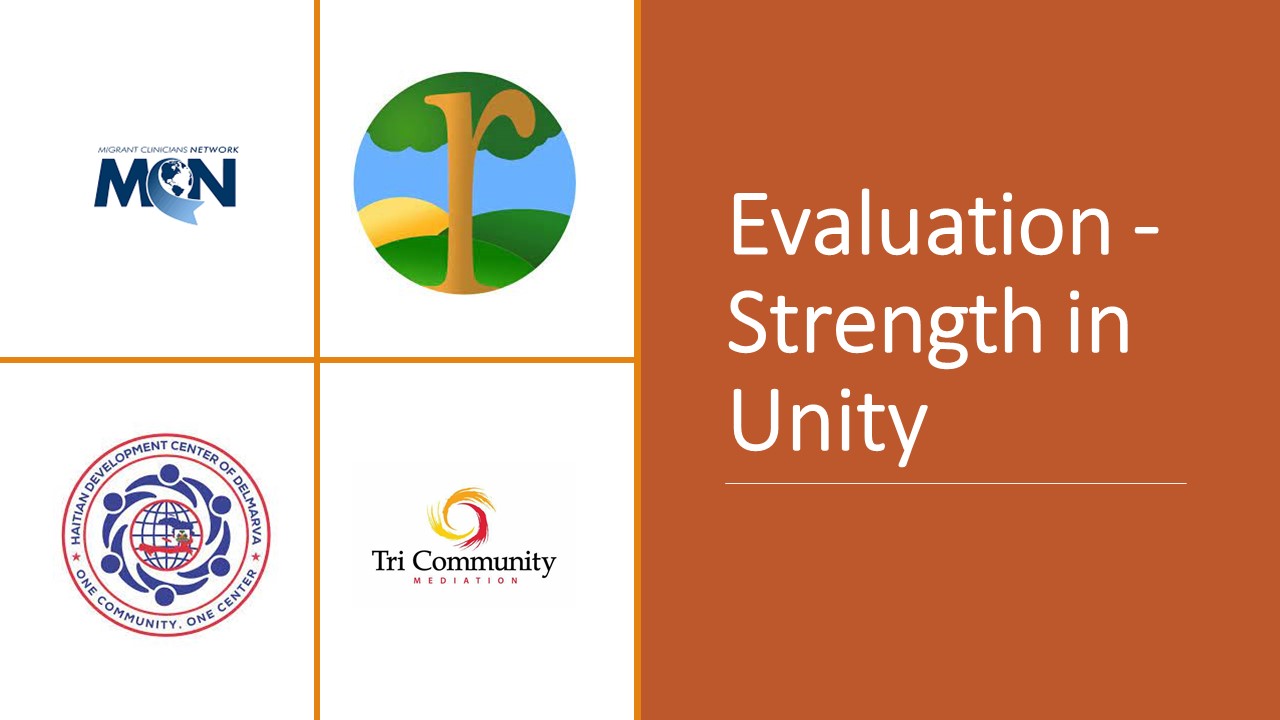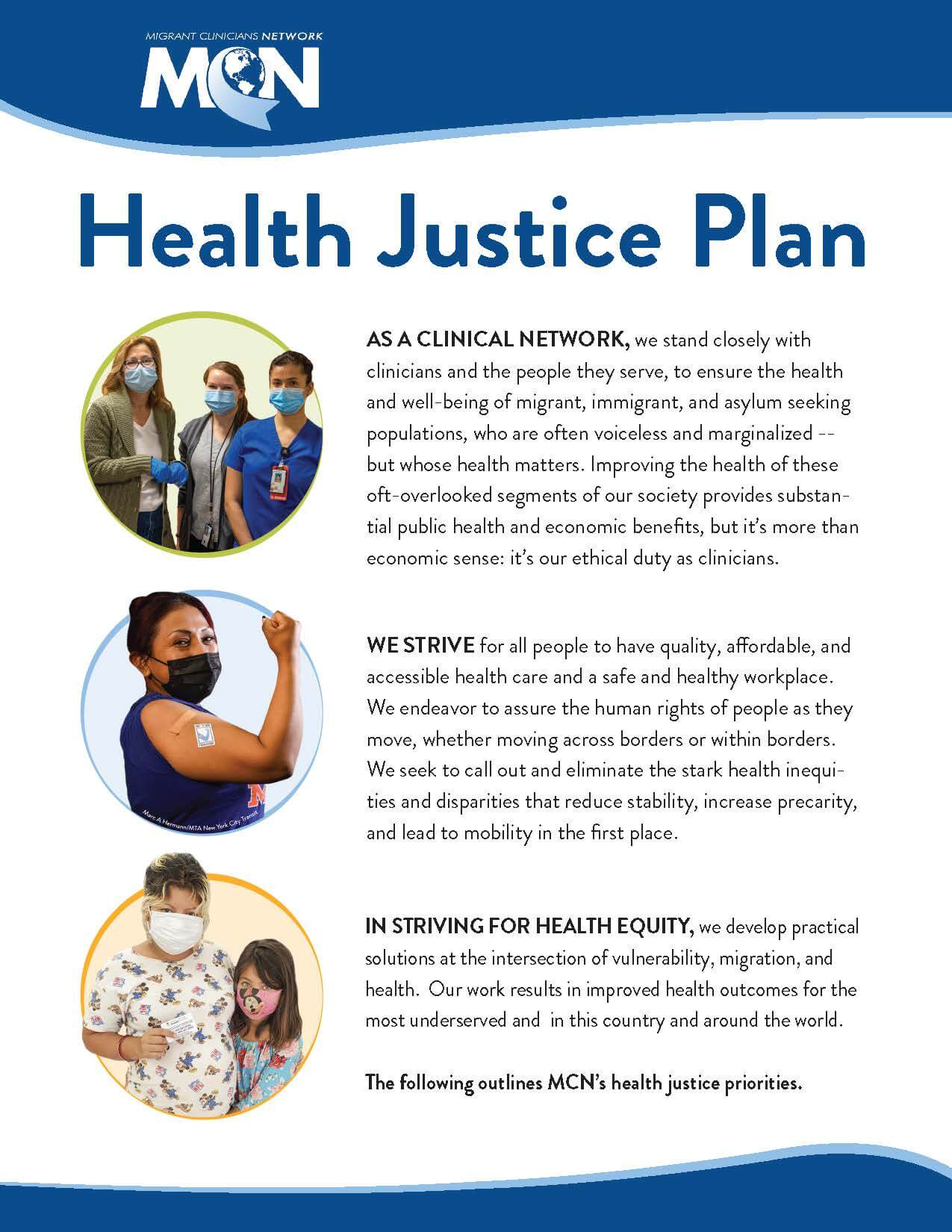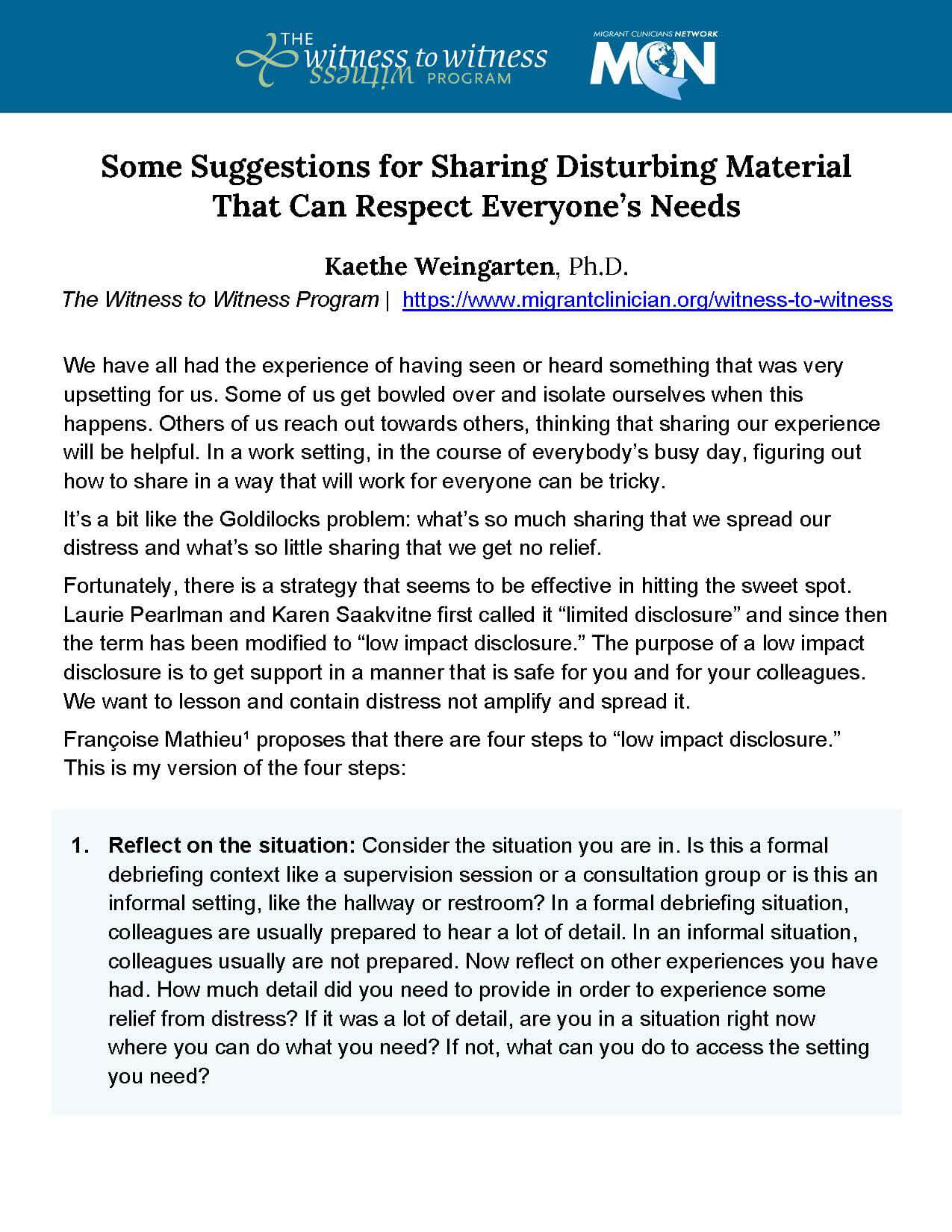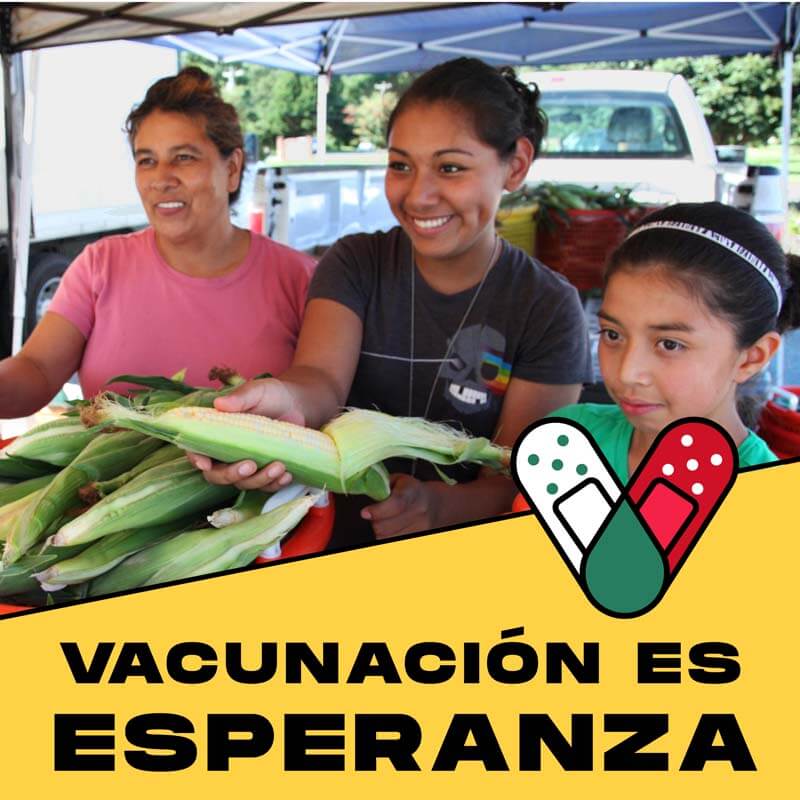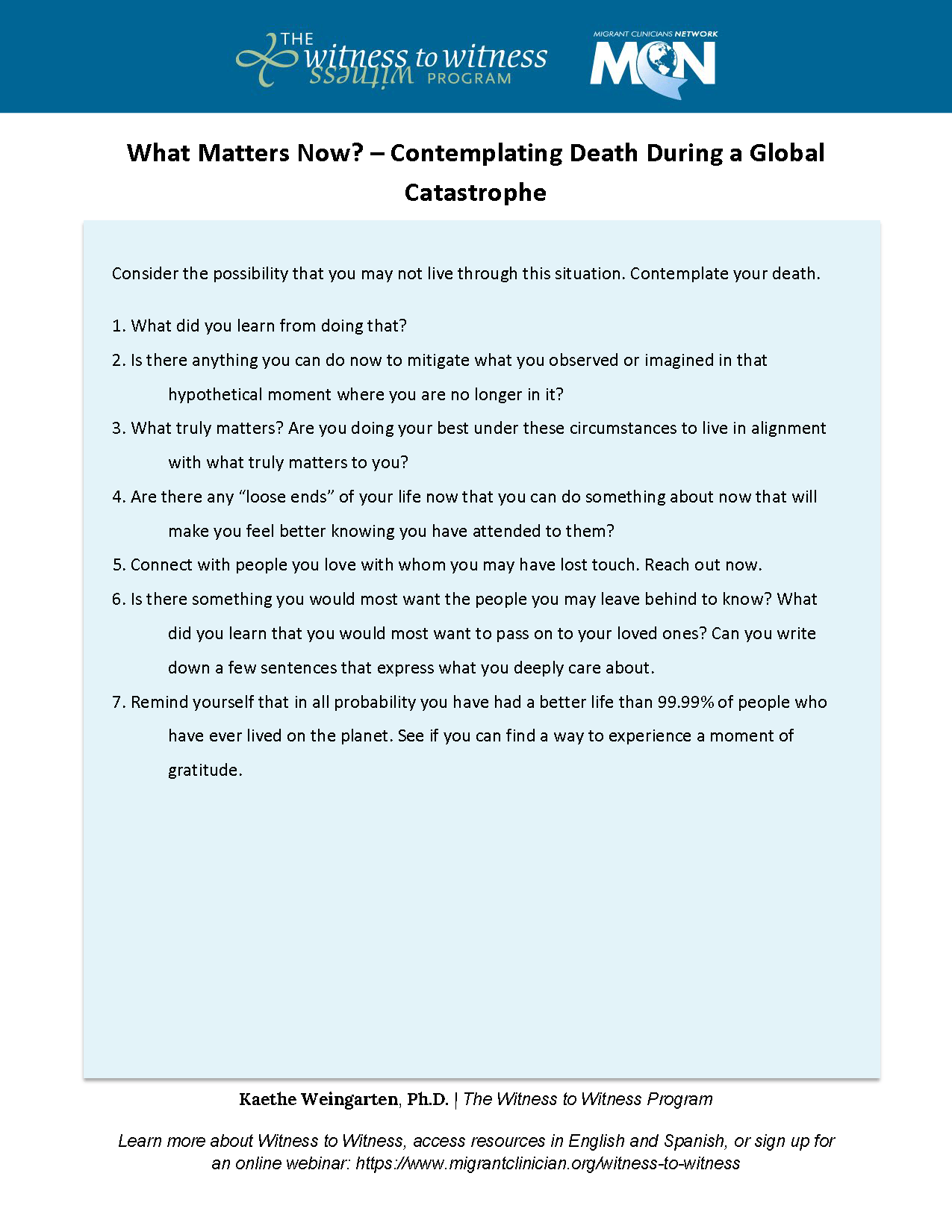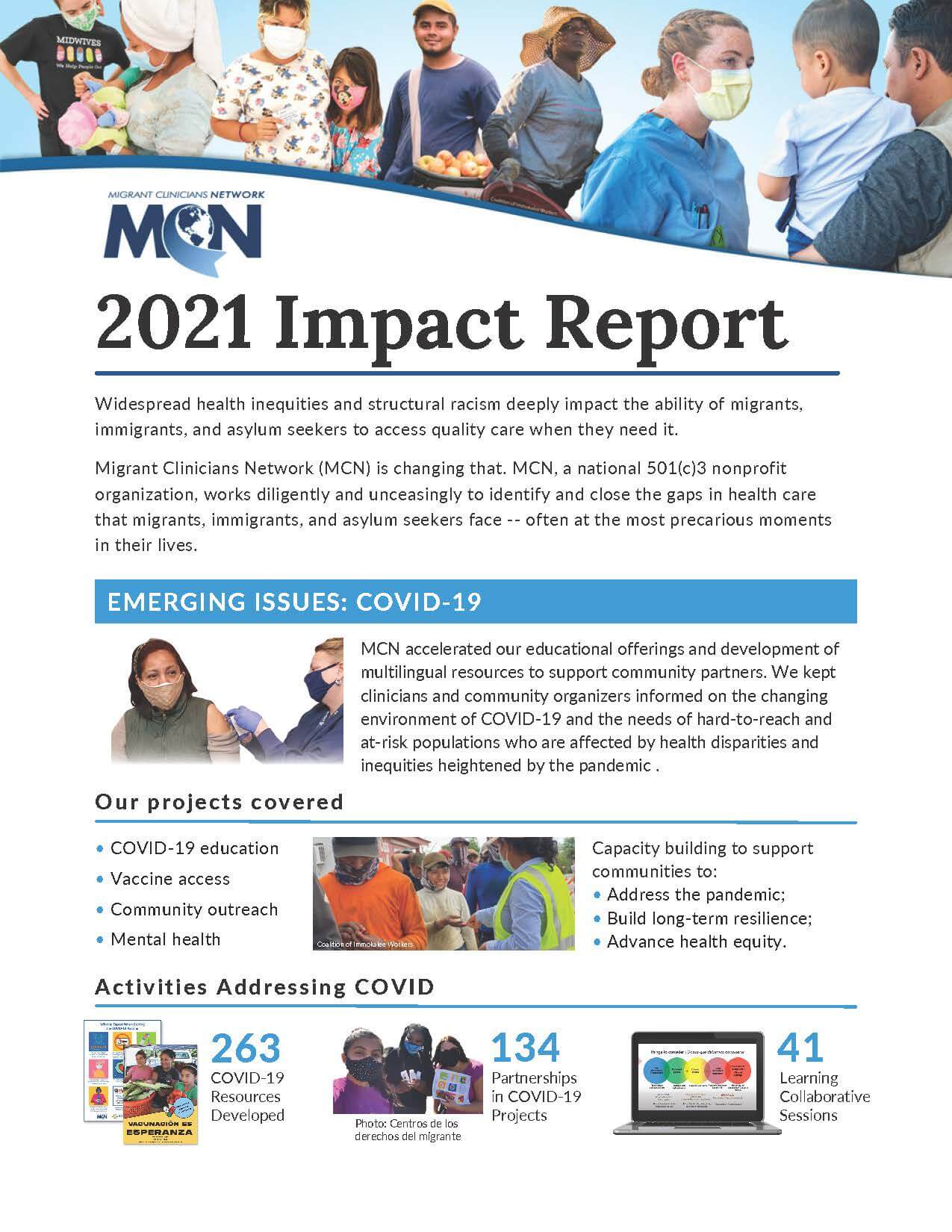
copy deeplink Heat-related Illness and Farmworkers - Training Curriculum and Facilitator Guide
Heat-related Illness and Farmworkers - Training Curriculum and Facilitator Guide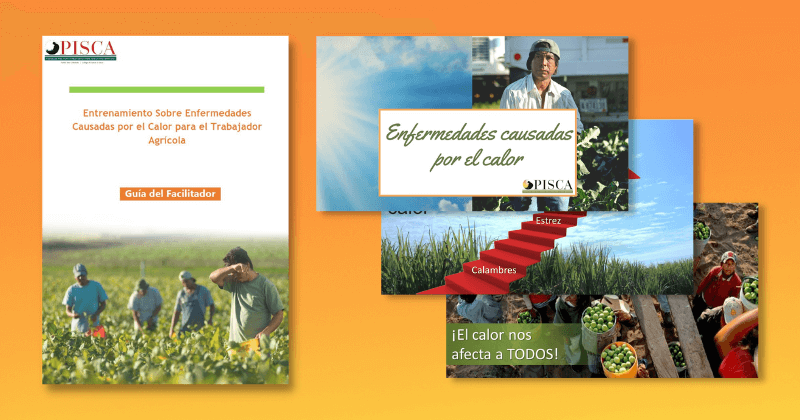
- 2022-6-13_Enfermedades-causadas-por-el-calor_Presentacion.pptx (19.18 MB)
- 2022-6-13_HeatStressSpanishFLIPCHART.pdf (7.81 MB)
- 2022-7-21_Heat-Stress-Facilitator-GuideSpanish.pdf (2.43 MB)
- 2022-6-13_Heat-related-illness_Presentation - English.pptx (21.41 MB)
- 2022-7-21_Heat-Stress-Facilitator-GuideEnglish.pdf (2.5 MB)
copy deeplink Patient Health Questionnaire (PHQ)-9 Spanish
Patient Health Questionnaire (PHQ)-9 SpanishA depression diagnosis that warrants treatment or treatment change, needs at least one of the first two questions endorse as positive (little pleasure, feeling depressed) indicating the symptom has been present more than half the time in the past two weeks.
In addition the tenth question about difficulty at work or home or getting along with others should be answered at least "somewhat difficult".
When a depression diagnosis has been made patient preferences should be considered, especially when choosing between treatment recommendations of antidepressant treatment and psychotherapy.
copy deeplink The Silent Crisis: How to Do Outreach in an Anti-Immigrant Climate
The Silent Crisis: How to Do Outreach in an Anti-Immigrant ClimateThis resource for Outreach Programs provides ideas and resources for how to do outreach in an anti-immigrant climate by addressing specific barriers, providing strategies, and listing resources.It is provided by Health Outreach Partners in collaboration with Quincy Community Health Center, Lorena Sprager and Associates, Migrant Legal Action Program, and attendees from the 2011 and 2012 Western Migrant Stream Forums (WMSF).
copy deeplink Occupational Health and Safety Virtual Resource Center
Occupational Health and Safety Virtual Resource Center
The Occupational Health and Safety Resource Center is a virtual repository of Spanish educational materials, data sources, and links to bilingual informational websites on occupational health and safety issues related to agricultural work. It also contains an ample list of national and state agencies that have produced materials in Spanish for farmworkers’ health-related problems.
MCNs own Deliana Garcia helped in being a part of the advisory committee to this resource center.
What is the objective? To facilitate a central access point to high quality Spanish educational materials on agricultural occupational health and safety issues for people conducting work on health promotion and prevention activities and on workers’ rights and problems related to agricultural work.
Who are the target audiences? Health-outreach workers (promotores), community advocates, health providers, contractors/employers, farmworkers and their families, and others interested in the health and safety issues of agricultural workers.
What areas are included? The materials cover five key relevant areas: 1) Farmworkers’ rights; 2) Injury prevention; 3) Respiratory illnesses; 4) Heat illnesses; and 5) Pesticide exposure.
How did we do it? To develop the Virtual Resource Center, the process entailed:
- Asset mapping of educational, informational and research materials available in Spanish related to the five mentioned areas.
- Selection of materials using the following criteria: accurate information, culturally and linguistically adequate (including literacy level), relevant to health area, and visually acceptable quality.
- Insertion of resources into an excel format under five different categories, including source, type of material, and description of its content.
Development of new materials: to complement the existing educational resources, we developed a “Promotores Training Manual on Occupational Health and Safety of Agricultural Workers”. Based on an ethnographic framework, the manual presents the perspective of agricultural workers on the five mentioned areas (their stories) and provides community health workers with tools on how to conduct prevention and promotion activities. It also refers them to existing resources. We also produced a series of Spanish and selected indigenous languages Public Service Announcements (PSAs) on these areas.
copy deeplink Clinical Diagnostic Tools and Biomonitoring of Exposures to Pesticides
Clinical Diagnostic Tools and Biomonitoring of Exposures to PesticidesThe importance of clinical diagnostic tools and biomonitoring of exposures to pesticides as well the role of clinicians in pesticide reporting and the challenges clinicians face in accurately diagnosing patients exposed to pesticides are described in a presentation by Matthew Keifer, MD, MPH and Amy K. Liebman, MPA. Click on the link for an APHA policy resolution underscoring the need for clinical diagnostic tools and biomomitoring of exposures to pesticides. This policy supports the information outlined by in the presentation.
copy deeplink 2017 Year In Review | Migrant Clinicians Network
2017 Year In Review | Migrant Clinicians NetworkHighlights of MCN's services and programs in action during 2017! Available in English and Spanish.
- YIR 2017-Eng_0.pdf (518.34 KB)
- YIR 2017-Esp_0.pdf (521.55 KB)
copy deeplink 2020 Clinician's Guide to EPA's Worker Protection Standard
2020 Clinician's Guide to EPA's Worker Protection StandardThe Environmental Protection Agency’s (EPA) Worker Protection Standard (WPS)protects agricultural workers from the health risks associated with pesticides. The WPS requires agricultural employers to comply with minimum safety precautions when using pesticides on farms and in nurseries, greenhouses or forests. Requirements include: training of workers handling pesticides or working in treated areas, provision of adequate personal protective equipment (PPE), communication of information about work areas recently treated with pesticides and when it is safe to re-enter these areas, and in case of emergency, availability of decontamination facilities and provision of medical assistance. The following guide reflects the WPS provisions currently in effect, which were last updated in 2015.
- 2020-WPS-Clinician-Guide.pdf (283.64 KB)
